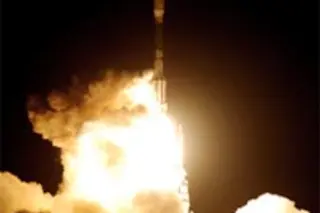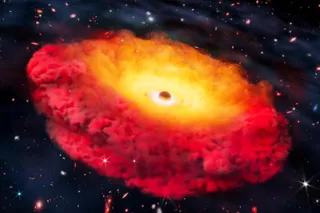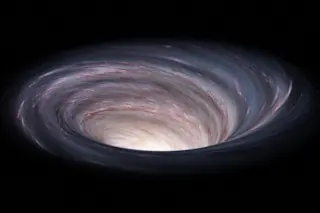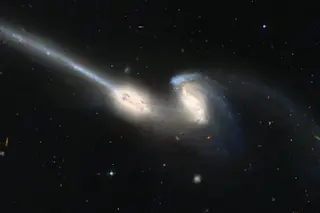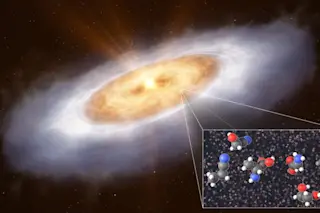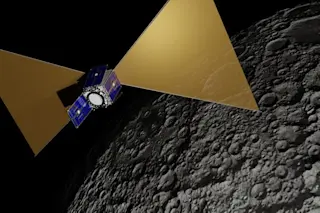On Friday night, a Delta 2 rocket blasted off from the Kennedy Space Center and roared into space carrying a satellite that will search the heavens for Earth-like planets.
The craft, Kepler, named after the German astronomer Johannes Kepler, who discovered the planetary laws of motion, is to spend the next three and a half years in an orbit around the Sun, where it will count planets by looking for the tiny blips in starlight caused by planets eclipsing their suns [The New York Times].
The $600 million satellite will stare into a region of the Milky Way that's thick with stars, in the direction of the constellations Cygnus and Lyra. While Kepler is expected to identify many new planets beyond our solar system, known as exoplanets, the real prize would be to find rocky planets in the "habitable zone" around a star, where conditions might be right for life ...


